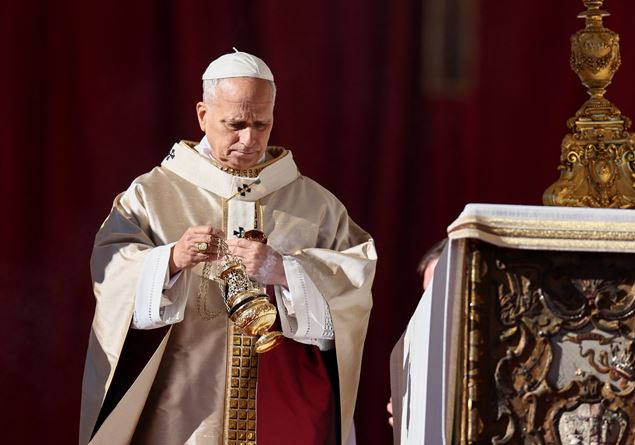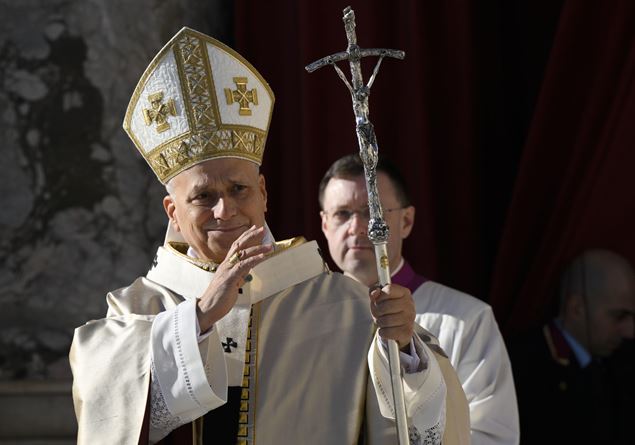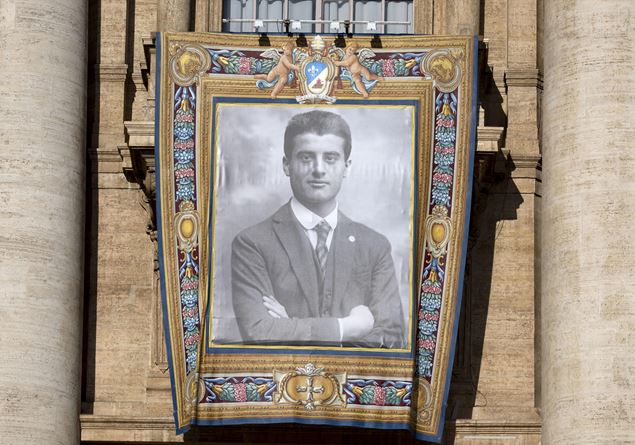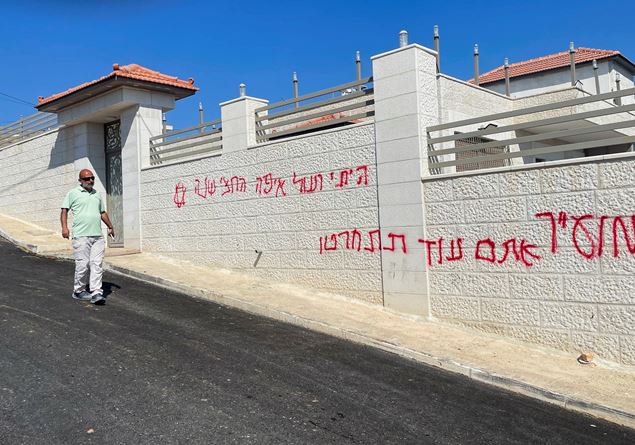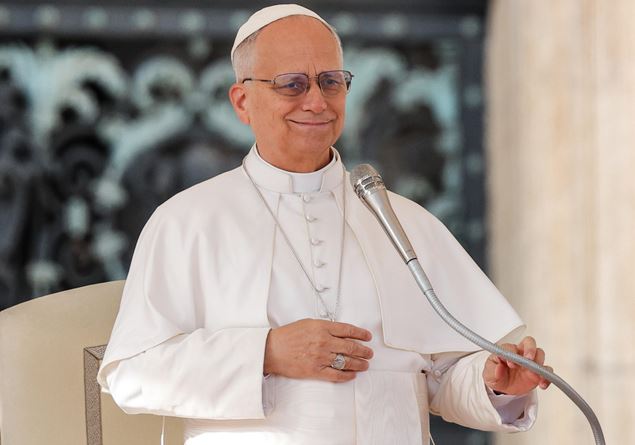Discriminated, killed, attacked. The latest report on religious freedom presented by the Aid to the Church in Need Foundation highlights that in two thirds of the world religious freedom is not guaranteed. The situation of Christians in the Holy Land is very worrying. «We cannot understand why Christians who live their normal lives are the object of such fury. Talking about persecution is a bit problematic but they are certainly situations that we cannot accept”, said Secretary of State Pietro Parolin on the sidelines of the meeting in which the data were released. “Christians in Israel have experienced an unprecedented level of violence and hostility: Jewish extremists have targeted church institutions and leaders,” the report reads. After October 7, “the far-right coalition led by Prime Minister Benjamin Netanyahu accentuated ethnic and religious divisions.” Furthermore, “the collapse of religious tourism has aggravated the economic difficulties of Christian communities in the Holy Land”. Settler violence has spilled over, in particular, into Taybeh, the only village in the West Bank entirely Christian. All the Patriarchs of the Churches of Jerusalem had also intervened in this violence and had denounced “an alarming pattern of settler violence against the communities of the West Bank, including their homes, their sacred places and their lifestyles”.
The Report, which covers the period from January 2023 to December 2024, analyzed the situation in 196 countries documenting serious violations in 62 of them. Of these, 24 are classified as countries of “persecution” and the remainder as countries of “discrimination”. Two-thirds of humanity — over 5.4 billion people — live in countries where religious freedom is not fully guaranteed. Only two nations — Kazakhstan and Sri Lanka — recorded improvements compared to the previous edition. In many countries around the world, however, «the control of faith has become an instrument of political power that denounces an increasingly sophisticated “bureaucratization of religious repression”». Governments, the Report explains, adopt systematic strategies such as artificial intelligence and digital tools to control or suppress religious life. This is especially true in China, Iran, Eritrea and Nicaragua, where authorities use mass surveillance technologies, digital censorship, repressive legislation and arbitrary arrests to target independent religious communities.
Islamist extremism, however, the Report underlines, threatens Africa and Asia in particular. In 15 countries it represents the main cause of persecution and in another 10 it contributes to discrimination. The The Sahel has become the epicenter of jihadist violence, with groups such as the Islamic State – Sahel Province (ISSP) and the JNIM responsible for the deaths of hundreds of thousands of people, the displacement of millions and the destruction of hundreds of Christian churches and schools. Particularly in Burkina Faso, Niger and Mali entire villages have been destroyed by Islamist militias. And in Sudan, the civil war has erased from the geographical map Christian communities that had been there for centuries.
In some areas ofIn Asia, it is ethno-religious nationalism that fuels the repression of minorities. Christian and Muslim communities in India and Myanmar suffer attacks and legal exclusion. In India, in particular, there is a situation that the Report defines as “hybrid persecution”. That is, it is a combination of discriminatory laws and violence perpetrated by civilians but encouraged by political rhetoric. Likewise in Palestine, Israel, Sri Lanka and Nepal this «hybrid persecution» generates structural discrimination.
Armed conflicts aggravate the situation in countries such as – beyond Myanmar, Israel and Palestine – Ukraine, and Russia with a “silent crisis” of displacement. In Nigeria, attacks by armed groups linked to radicalized Fulani herdsmen have caused thousands of deaths and the uprooting of entire communities.
Finally it emerged organized crime as a new agent of persecution. In Mexico and Haiti, armed groups assassinate or kidnap religious leaders and extort money from parishes to exercise territorial control.
